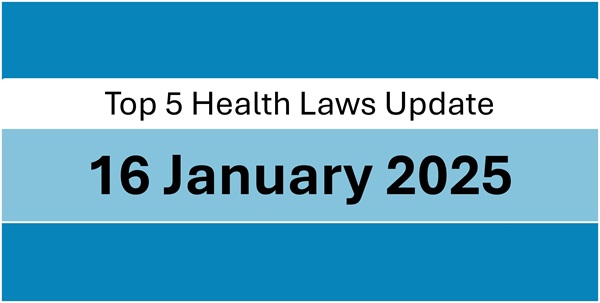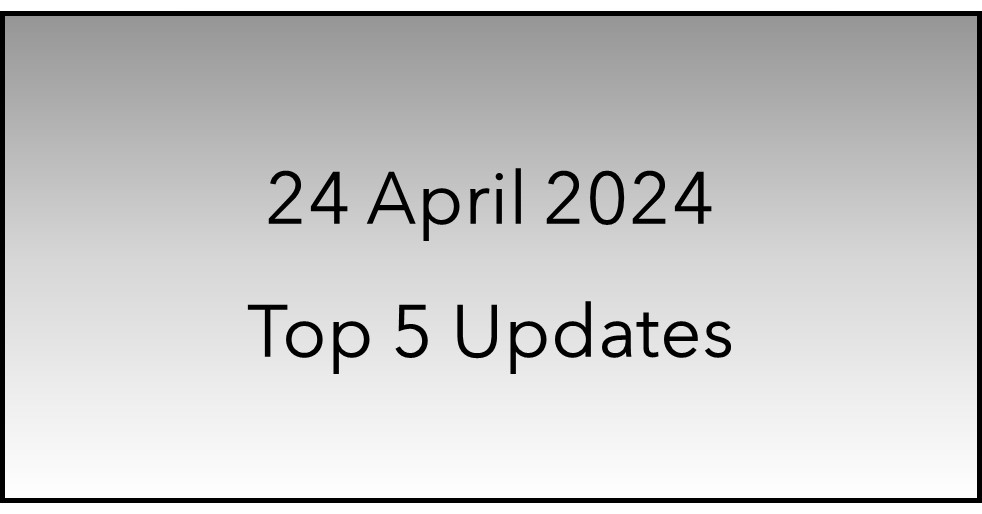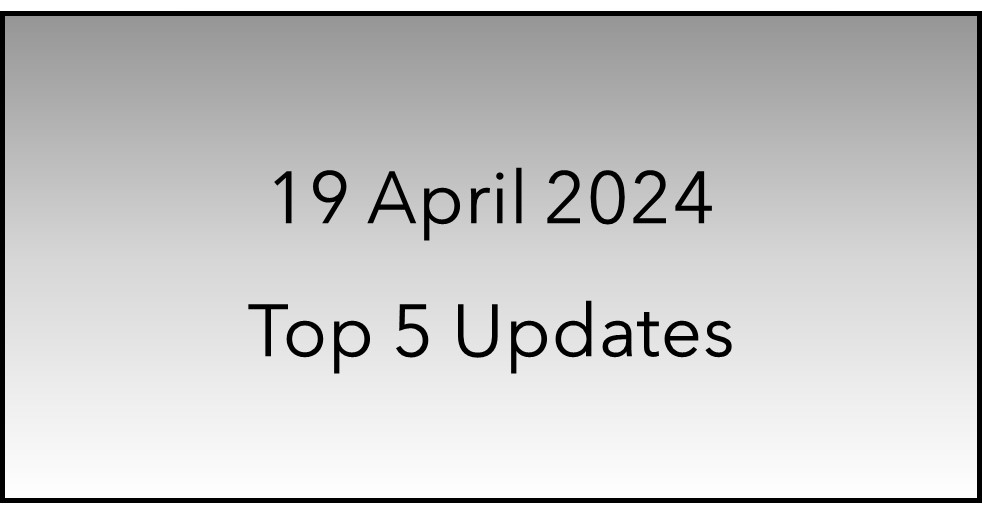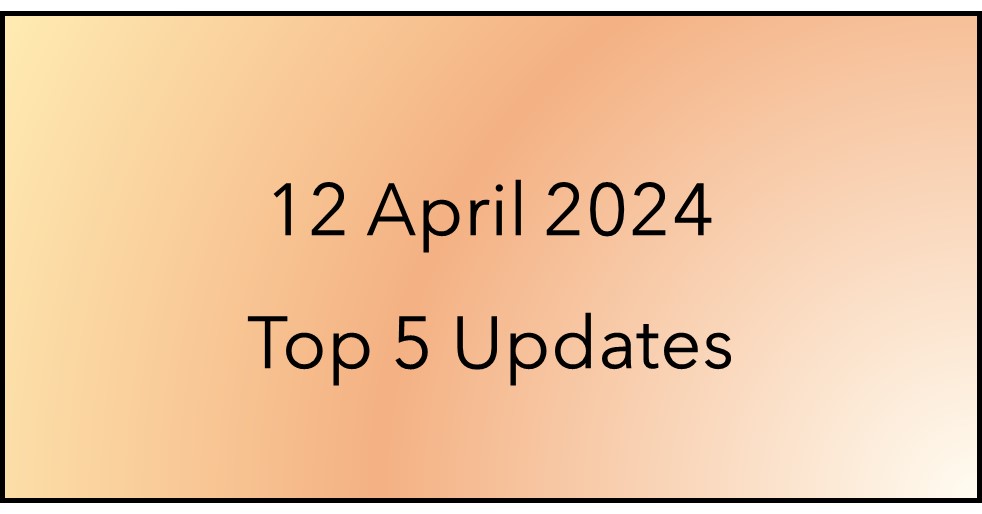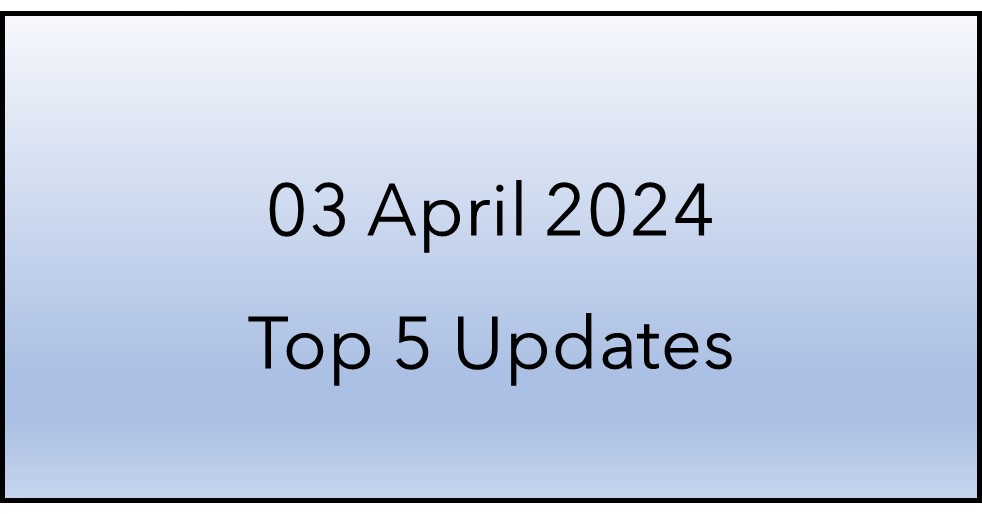Dear Readers, we are happy to share the most interesting legal and policy updates concerning health industry that we read today. we hope you enjoy reading it.
1. The Supreme Court of India has warned States and Union Territories of initiating contempt proceedings for failing to take action against misleading advertisements. It emphasized that authorities must ensure strict enforcement of laws to prevent such advertisements. The Court’s remarks come in light of a petition filed by the Indian Medical Association against a leading Ayurveda product manufacturing company on grounds of misleading claims and advertisements.
Source: bit.ly/3C3w9D4
2. India’s Bombay High Court, in a recent ruling, emphasized that authorities must uphold basic human rights, particularly in medical negligence cases. It stated that failure to provide adequate healthcare can violate a patient’s right to life and dignity. The court called for greater accountability and stricter enforcement of healthcare standards.
Source: bit.ly/3DVQlqO
3. The Food Safety and Standards Authority of India (FSSAI) has issued an order on 3rd January, 2025, to promote ease of doing business. It has decided that any changes or amendments to the Food Safety Standards (Labelling and Display) Regulations 2020 will be enforced starting from 1st July each year. The enforcement date will always be 1st July, with a minimum of 180 days between the notification of amendments and their enforcement. This policy applies to both labelling regulation changes and other food safety standards related to labelling. This move is aimed at enhancing regulatory predictability for food business operators while also improving consumer knowledge and transparency.
Source: bit.ly/4h001PO
4. The Indian Prime Minister’s Office (PMO) has directed the Indian Health Ministry to take appropriate steps to label oxygen cylinders clearly, distinguishing between industrial oxygen and medical oxygen. This action follows lawmaker Ajeet Madhavrao Gopchade’s appeal, emphasizing the importance of such measures for patient safety.
Source: bit.ly/4ais9eB
5. The U.S Food and Drug Administration (US FDA) has banned the use of Red No. 3 dye in food items and oral drugs due to potential links to cancer. The decision follows concerns raised by studies suggesting that the high exposure of dye could be carcinogenic.
Source: bit.ly/42f7YvR

